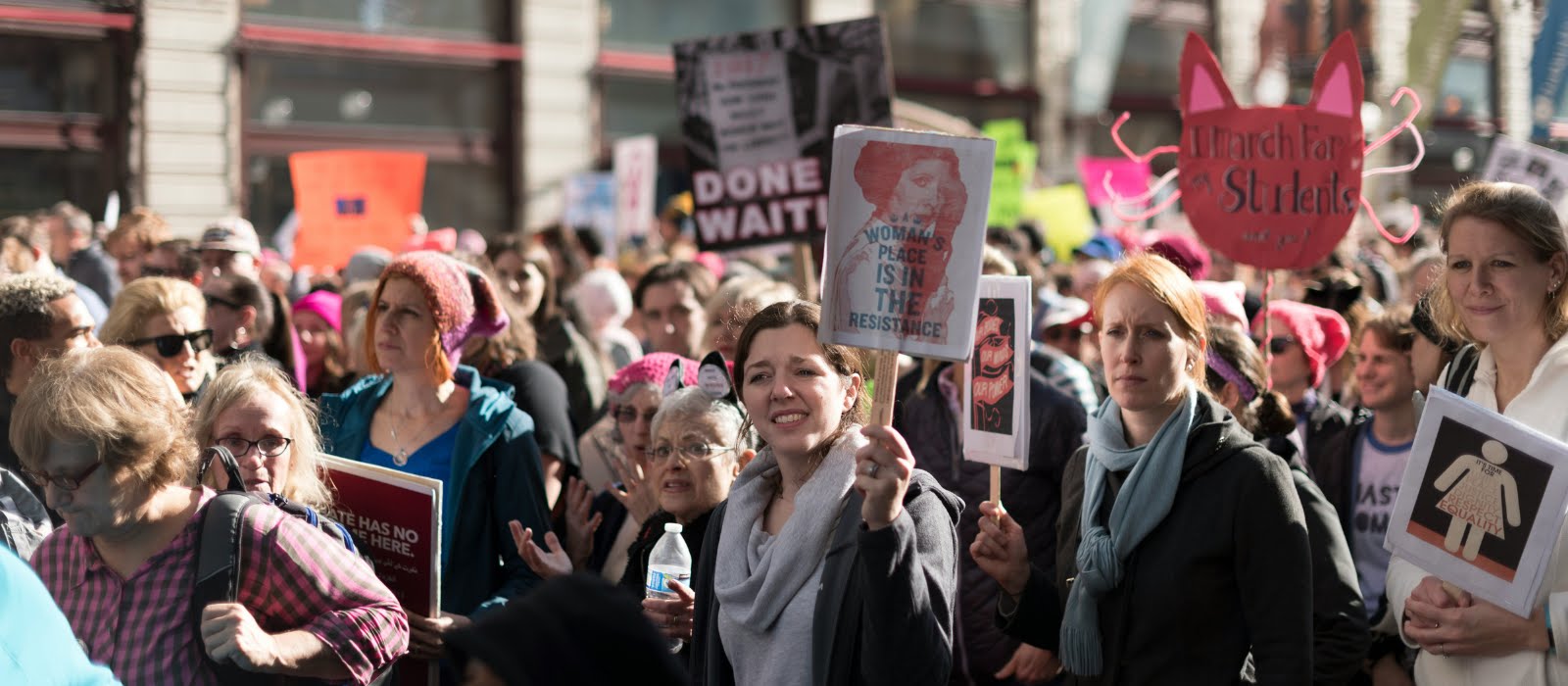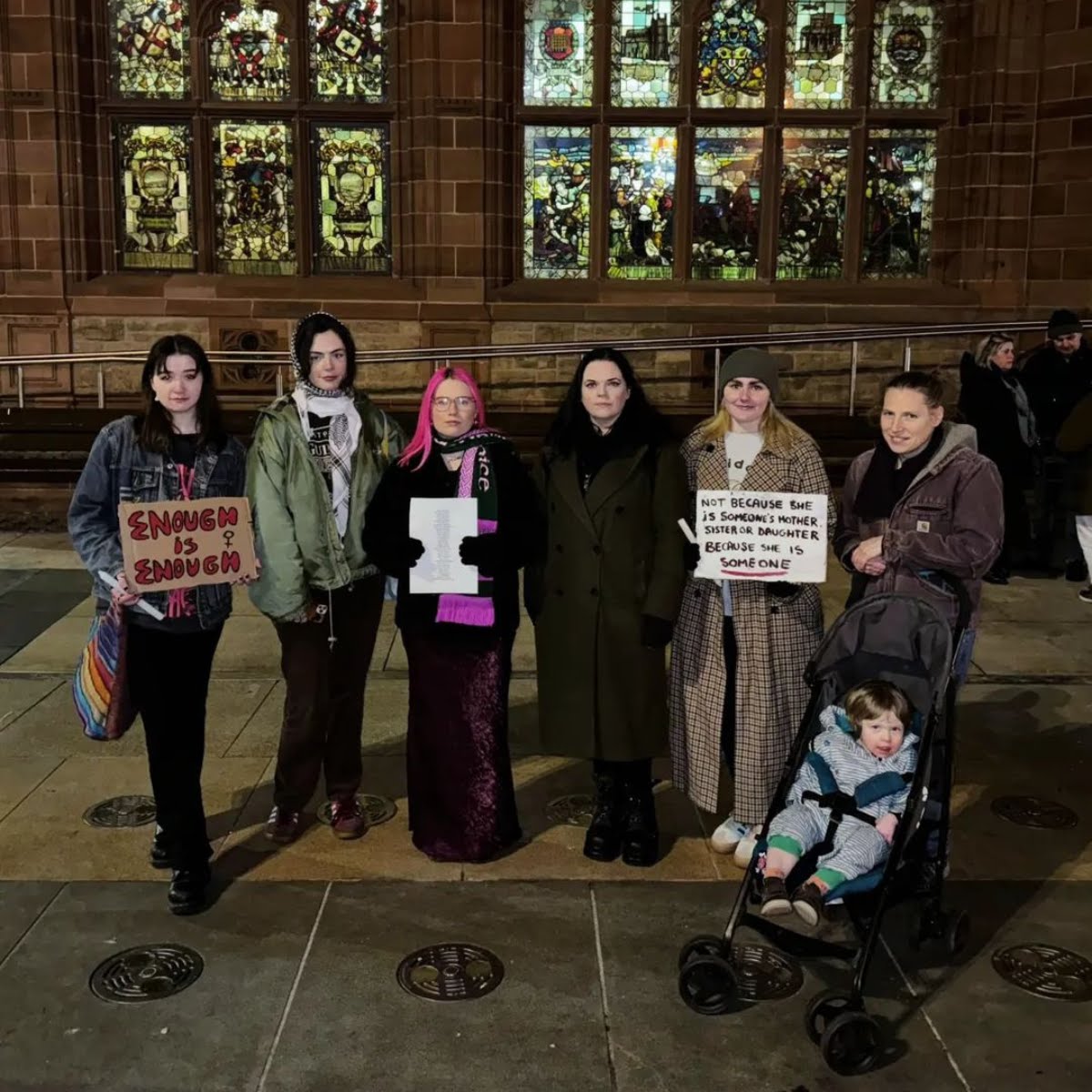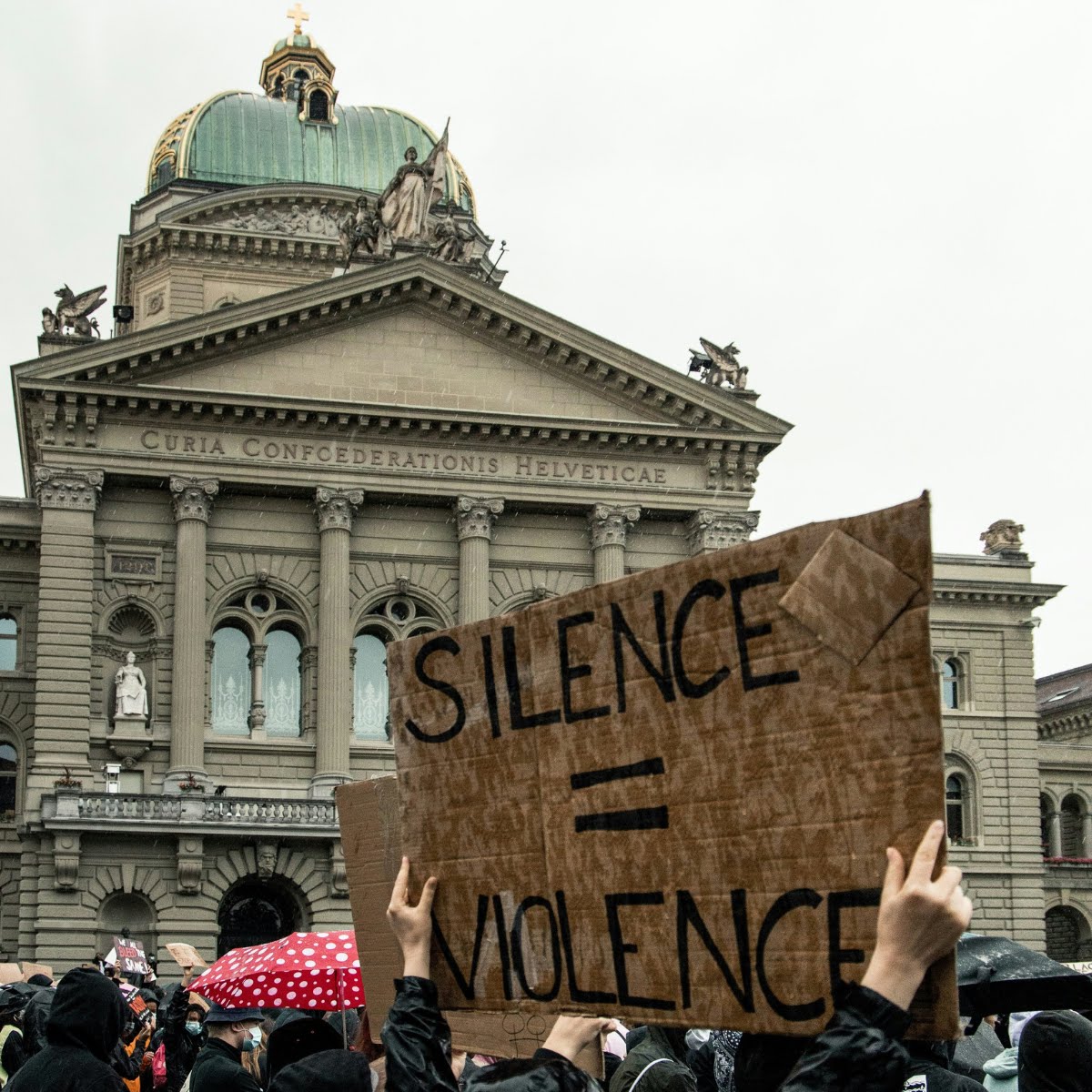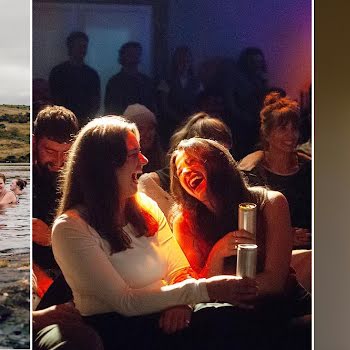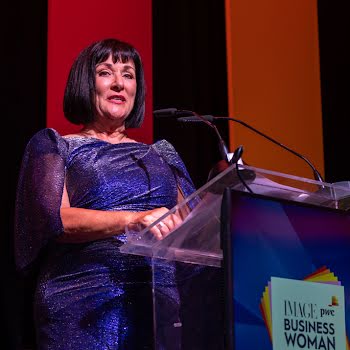
Unsplash
How do we unpick the societal misogyny driving up femicide rates in Northern Ireland?
Violence against women and girls is a spectrum, spanning from catcalling to femicide. Northern Ireland is now one of the most dangerous places in Europe to be a woman — but why? And how do we go about fixing a societal misogyny problem? Aimée Walsh breaks it down.
Kat Parton. Patricia Aust. Sophie Watson. Montserrat Elias. Rachel Simpson. Mary Ward. Tavia Da Costa, who was just 23 months old. In separate incidents, these seven women and girls have been murdered in the north of Ireland this year alone. This is in addition to the recent spate of sexual violence on the streets of Derry, prompting activist group Derry For Choice to organise a rally for women’s safety in the city and across the island of Ireland.
It’s, sadly, no surprise that the north is now dubbed one of the most dangerous places in Europe to be a woman. A terrible accolade to hold. But how to solve a risk to life like misogyny? How to tackle a growing trend in a deep hatred for women?
The north of Ireland feels particular in its status as ‘post-conflict,’ but what does the end of political violence mean for the inhabitants? During the Troubles, Cathy Harkin, one of the founders of Derry Women’s Aid, described the north as the ‘armed patriarchy,’ a dreadful coming together of domestic and political violence. A United Nations report cites that gender-based violence spikes in post-conflict societies, due to, amongst other things, an availability of weapons.
After war, scars remain. The harms continue, morphed now into new forms of aggression, manifesting in an overwhelming rate of violence against women and girls (VAWG). Both with the aftermath of conflict and rising rates of VAWG, a disintegration of the social contract, that is to trust that others will not cause you harm, is hard to come back from.
The north does not exist in a vacuum. This is a global problem. While homicide cases have fallen globally, femicide has continued to rise across the world.
But how to combat the rising rates of femicide? How to fix a societal misogyny problem? Recent years have seen a stark, public rise of the far right across both the UK and Ireland, and the proliferation of misogynist influencers on social media, such as Andrew Tate. The ideologies which spring from both are to the detriment of equality for women. But misogyny exists in a matrix, with racism, homophobia, and transphobia. Where one is found there are usually other forms of hatred in co-existence.
In the context of the north, this hatred has moved from online sub-cultures to the far right marching in the streets in the wake of the Southport attacks. The north does not exist in a vacuum. This is a global problem. While homicide cases have fallen globally, femicide has continued to rise across the world.











